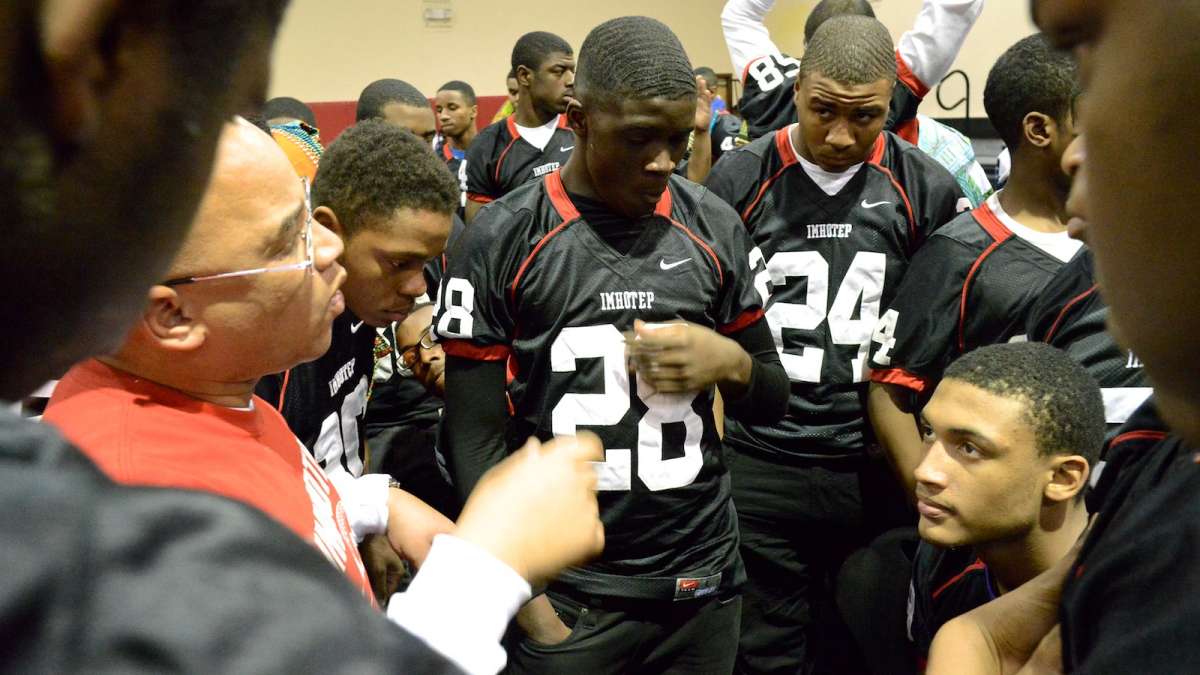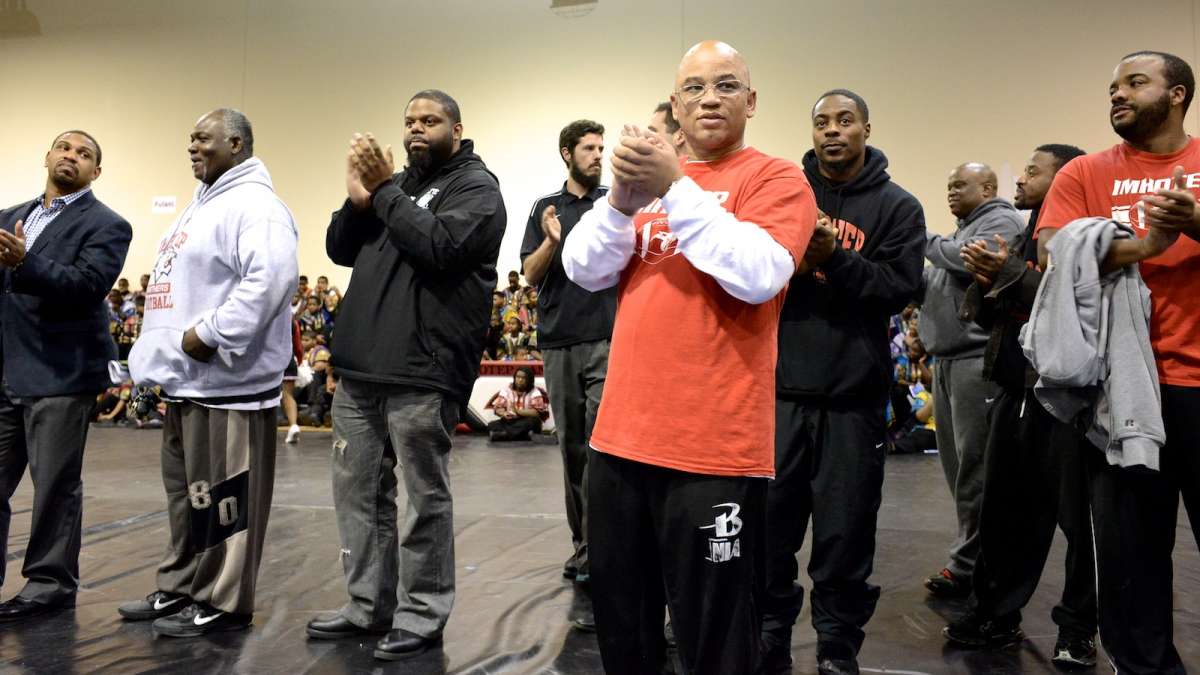Access to doctors’ notes helps patients become more invested in health
-

-

-

-

-

-

-

-

-

-

-

-

-

Check back Monday for a story on today's PIAA state football championship game. Here's a photo from Thursday's pep rally at Imhotep. (Bas Slabbers/for NewsWorks)
-

-

-

-

-

-

Following a trial program allowing medical patients to access their doctor’s notes online, researchers found that patients using “OpenNotes” felt more in control of their health.
More than 100 doctors and 19,000 patients in Pennsylvania, Washington and Massachusetts took part in the trial.
Participant Ellen Godfrey, a teacher in the Boston area, sees her doctor about four times a year for hypertension. She said looking over the notes helped her prepare before visits.
“The wonderful thing about it is you could re-create the visit and see if you understand everything,” she said. “Cause sometimes you know you forget what the doctor said if everything isn’t written down.”
Godfrey, who recently changed physicians, said she wasn’t sure if she could be happy with a new doctor. The OpenNotes access convinced her.
“I found out what a wonderful listener she was,” Godfrey said. “Everything I told her was always there and her response to everything I said was always written down.”
The program initially caused anxiety at Geisinger Health System in Danville, Pennsylvania, said Jonathan Darer, chief innovation officer at the facility.
One worry was doctors might be less candid about difficult and speculative observations — for example, about the possibility of cancer. They also feared patients would ask a lot of time-consuming questions.
“Most of the time we’re trying to build trust with our patients. We want to build rapport and be good doctors,” Darer said. “Here, in an odd way, the doctors are asking — it is in some ways an inversion of that process, making themselves a bit vulnerable and trusting the patients to treat that access responsibly.”
One of the project’s lead investigators, Dr. Tom DelBanco of Harvard University, said the project has changed his approach.
“I think we write better notes,” he said. “I think I found myself writing more educational notes, trying to understand I should see through the patient’s eyes as he or she reads them.”
Ninety-nine percent of the program participants have said they want to continue receiving notes online after the trial.
The three hospitals involved in the trial have permanently adopted OpenNotes — and researchers hope patients will start to annotate their own information.
WHYY is your source for fact-based, in-depth journalism and information. As a nonprofit organization, we rely on financial support from readers like you. Please give today.

